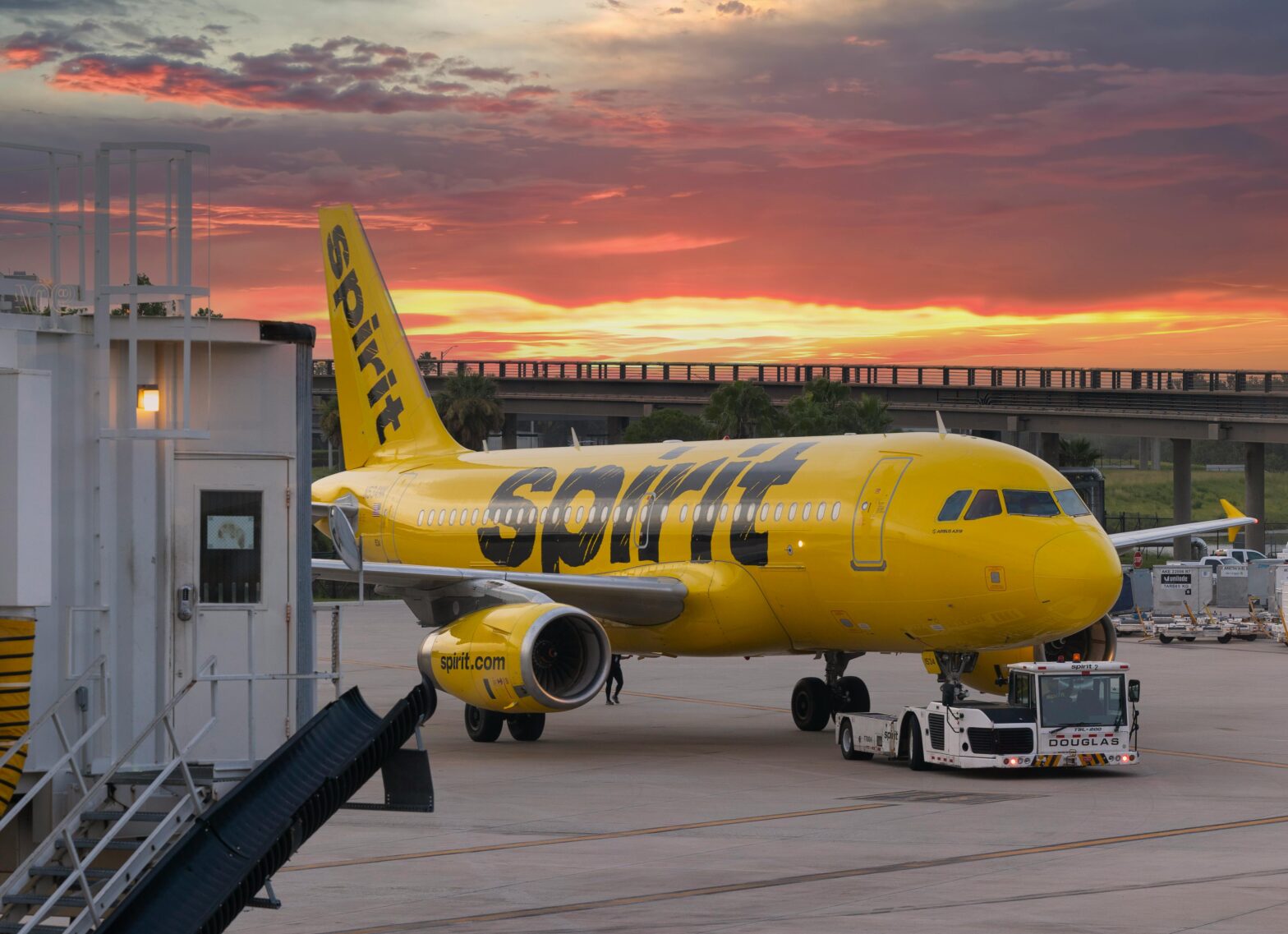When people discover that my mother works for a major airline, the first question they ask is, “Does she have any buddy passes she wants to sell?” Followed by “..why aren’t you out of town every weekend? If I had your hookup, I’d never be home!” My mother has been employed by a major airline for over thirty years, and several family members also work for major airlines. I have been flying standby for most of my life and can say that 98% of the flights I have taken have been flown as a standby passenger. If you are new to buddy passes, I will go over some quick tips for when you are flying on someone’s pass.
- Know when you purchase a buddy pass from an airline employee, it is NOT a guaranteed seat.
It seems like common sense, but it can be a bit confusing. Sometimes people are under the impression that because taxes were paid, you have a confirmed seat. There are two types of standby: revenue and non-revenue. Airline employees and their pass riders are termed non-revenue standby passengers. Even if you are paying something for a ticket, the airline is not making a profit off of that fee. Revenue standby passengers are those people who may have missed a flight and don’t want to change their ticket, or they want to take an earlier flight. Either way at some point, they have paid a full fare for a flight. When the plane starts boarding, those with guaranteed seats will get on, followed by revenue standby passengers, and then non-revenue standby passengers. Depending on the airline, there is a hierarchy on how non-revenue standby passengers are granted a seat on the plane. Some airlines your hierarchy depends on your check-in time and others airline go by employee seniority. Doing your research ahead of time will prepare you for your flight.
- Know how to act.
This is probably the most important rule. As a standby passenger, you are flying on an employee’s pass, a pass that is a benefit of employment. You should not be rude, demean, yell, or as my mom says, “act a fool” with any of the airline employees (gate agents, ticket agents, customer service, ect.). If you are a belligerent passenger, a belligerent standby passenger at that, this can get the employee in trouble and they may have their passes revoked. Other examples include having too much to drink, wearing inappropriate clothing and not complying with basic rules, i.e. one carry on and one personal. Remember, you flying standby is a really cheap ticket, so if the employee gets in trouble they are less likely to give you another pass. At the end of the day, remember the employee is doing you a favor by allowing you to use their pass, so please act accordingly.
- Be prepared for the unexpected.
Let’s say you take a weekend trip and your flight leaves to go back home on Sunday afternoon. You check your flight twenty-four hours in advance on Saturday afternoon, and it looks good. It’s wide open (meaning there are a lot of seats empty) and only two standby passengers on the list. On Saturday evening, there is a huge storm. If flights get cancelled, passengers will be redirected. Your flight that was empty just twelve hours ago could now be oversold. With issues beyond our control like weather, mechanical problems, unexpected downsizing of a plane, weight restrictions, the list goes on and on, always have a backup plan. If you have a job where you can’t miss a day, prepare for that ahead of time, come back from your trip a day early or research refundable one-way tickets. Flying standby is something that has its pros and cons. Some people (like me) love bargains and standby travel is perfect for that because there are deals for airline employees. Some people like having a guaranteed seat and the benefits of knowing exactly when they will depart. Whatever the case, know what works for you, and keep traveling!





